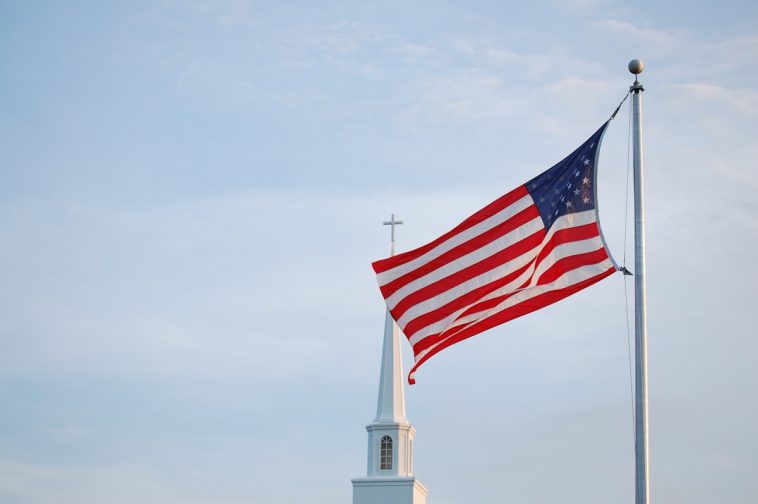Do you believe America is losing its Christian heritage?
America was founded on principles deeply rooted in Christian values and ethics. From the earliest settlers who arrived on these shores seeking religious freedom, to the framing of the Constitution, Christian beliefs and morals have been intertwined with the nation’s identity. However, in recent years, many conservatives have raised concerns that America is losing its Christian heritage, as secularism increasingly dominates the cultural and political landscape. Here’s why this decline is alarming and what it means for the future of the nation.
The Foundation of Christian Values
The influence of Christianity on America’s founding is undeniable. Many of the Founding Fathers, although diverse in their personal beliefs, were influenced by Christian thought and morality. The Declaration of Independence references the “Creator” as the source of unalienable rights, and early American laws were heavily influenced by Biblical principles. Christianity provided a moral framework that guided the nation’s development, emphasizing values such as individual responsibility, hard work, and respect for authority.
The Rise of Secularism
Over the past several decades, there has been a noticeable shift away from these Christian foundations. The rise of secularism has led to a gradual erosion of Christian values in public life. Prayer has been removed from public schools, religious symbols have been taken down from public spaces, and Christmas celebrations are often stripped of their religious significance. This shift is not just about the separation of church and state; it reflects a broader cultural move towards secularism, where religious beliefs are increasingly seen as irrelevant or even problematic in public discourse.
Declining Church Attendance
One of the most tangible signs of America losing its Christian heritage is the decline in church attendance and religious affiliation. Studies show that fewer Americans identify as Christians, and a growing number of people consider themselves religiously unaffiliated. This trend is particularly pronounced among younger generations, who are more likely to identify as atheists, agnostics, or “nones” (those with no religious affiliation). This decline in religious participation signals a weakening of the communal and moral foundations that have historically supported American society.
The Impact on Morality and Ethics
The decline of Christian influence has broader implications for morality and ethics in America. As the country moves away from its Christian roots, there is a growing sense of moral relativism, where traditional values are increasingly questioned or discarded. Issues such as the sanctity of life, the definition of marriage, and the role of religion in public life are now hotly contested in ways that would have been unthinkable in previous generations. This shift challenges the moral consensus that has long underpinned American law and society.
The Cultural and Political Divide
The loss of Christian heritage is also contributing to the deepening cultural and political divide in America. As religious influence wanes, the nation is becoming more polarized, with different groups holding fundamentally incompatible worldviews. This division is evident in debates over issues like religious freedom, LGBTQ+ rights, and abortion, where the clash between secular and religious perspectives is particularly intense. The decline of a shared Christian heritage exacerbates these conflicts, making it harder to find common ground.
The Path Forward
For those who believe in the importance of America’s Christian heritage, the path forward involves both preserving and revitalizing this legacy. This means not only defending religious freedom but also actively promoting the values and principles that have historically guided the nation. It involves encouraging a return to religious participation and fostering a culture that respects and upholds the moral teachings of Christianity. It also means recognizing the importance of Christian education, both in homes and in schools, to ensure that future generations understand and appreciate the role that Christianity has played in shaping America.



